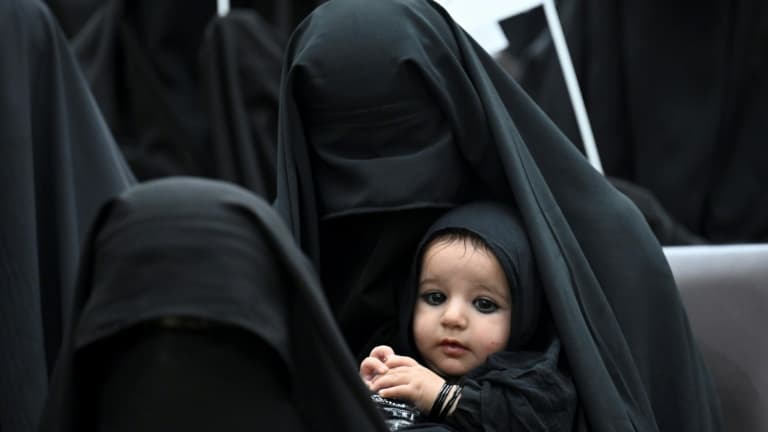
Taliban ask TV stations to stop broadcasting soap operas with women
A document from the ministry to the media stated that “television sets should avoid showing soap operas and series in which women are played.”
The Taliban’s Ministry of Promotion of Virtue and Prevention of Vice has called on Afghan television stations to stop broadcasting soap operas featuring women, under new “religious directives” broadcast on Sunday.
A document from the ministry to the media stated that “television sets should avoid showing soap operas and series in which women are played.”
It also asks them to ensure that female journalists wear the “Islamic headscarf” on screen, without specifying that it is a simple head covering, usually worn on Afghan television, or more. “These are not rules, but religious guidelines,” ministry spokesman Hakiv Mohajer told AFP.
There is no insulting program for the Islamic religion
Afghan televisions are also encouraged to avoid programs “against Islamic and Afghan values” as well as programs that offend religion or “show the Prophet and his companions”.
This is the first time this ministry has attempted to regulate Afghan television since the Taliban took power in mid-August.
During their first reign, from 1996 to 2001, the Ministry for the Promotion of Virtue and Prevention of Vice, responsible for ensuring daily respect for the population’s “Islamic values”, was apprehensive about its origins and the penalties it was subjected to. exercise. The Taliban had banned television, movies, and all forms of entertainment deemed immoral.
People who were caught watching television and had their devices destroyed, and in possession of a video device, were punished with public flogging. For a while, it was possible to see televisions hanging from street lamps.
Taliban return to power
The Taliban were overthrown in 2001, and returned to power last August in a country whose media landscape has changed after 20 years of Western-backed rule. During these two decades, the media sector exploded, and dozens of private radio stations and television channels appeared.
They offered new opportunities for women, who were not allowed to work or study under the Taliban in the 1990s. Today, despite a more moderate face, the Taliban still does not allow many women to return to work in public services.
Girls’ classes in middle and high schools, as well as public universities, have not yet opened in most parts of the country. In private universities, the Taliban required female students to wear headscarves. Their fighters also frequently beat journalists accused of covering demonstrations by “unlicensed” women.

“Unapologetic pop culture trailblazer. Freelance troublemaker. Food guru. Alcohol fanatic. Gamer. Explorer. Thinker.”
